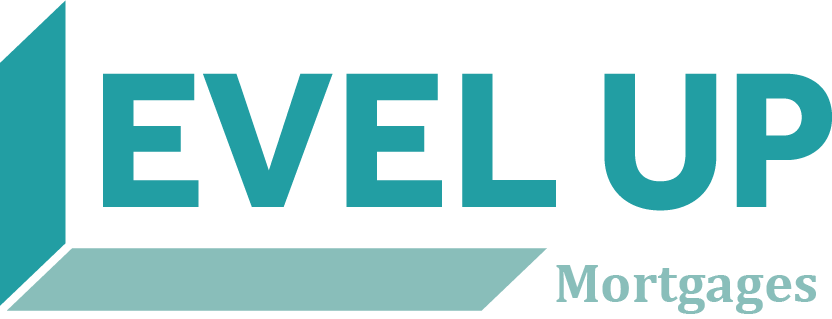Canadian Commercial Real Estate Loans: What to Know
In case you have not yet heard, commercial real estate has hit its peak. Financial institutions are now more interested in this industry since it provides the best investment opportunities.
Today, we will investigate commercial real estate loans, terms, and other facets of the Canadian market. Read on to learn more.
Understanding Commercial Property Loans
Commercial mortgage loans require a collateral asset, and the most common choice is commercial real estate. Commercial real estate loans are obtained by corporations and businesses.
Lenders in this industry conduct extensive credit checks on their customers and charge interest rates that are higher than those for residential mortgages.
Business Real Estate
Properties purchased for investment purposes are classified as commercial real estate. They are often classified as Pure Residence of up to four units, Pure Residence of five or more units, and Residential Commercial Mix. Commercial mortgage approval often takes six to twelve months.
Ownership and Property Occupancy
At any given time, property owners, tenants, or investors could be living in the home. When a property is owner-occupied, the owner is usually the only one who lives there. However, a property is considered commercial if the income from the occupant's business amounts to more than half of the overall income from the property.
If it does not meet the requirements, the property is classified as residential rather than commercial. Meanwhile, if a building's income is at least 51% of its total, it is classified as a commercial structure; anything less is classified as owner-occupied space.
Renters occupy the majority of rental homes, which generates income flow.
Run-down houses are also often purchased, then restored and resold for a profit under the "fix-and-flip" real estate investment strategy.
The 7 Types of Canadian Commercial Real Estate Loans Today
The majority of banks provide seven commercial real estate loan alternatives to help you choose the best one. Here are the types of Canadian commercial real estate loans today:
1. Bridge Loans
Bridge loans are short-term loans used to finance commercial real estate properties until long-term funding can be acquired. Bridge loans are often known as "temporary" loans. A bridge loan can be used to renovate, improve, or mine real estate.
2. Cash-out Loans
Paying down an existing mortgage or withdrawing equity are two choices for this type of commercial property financing or refinancing. Neither of these methods necessitates the use of a mortgage.
3. Construction Loans
Owners of commercial buildings or those considering becoming investors utilize this funding to update their company, establish a property, or develop it for speculative purposes.
4. Fix-and-Flip Loans
Small and large investors equally use commercial real estate financing to create assets and subsequently profit from the sale of those buildings. It functions similarly to a bridge loan in that it plugs the gap until longer-term financing can be arranged.
5. Hard-Money Loans
These loans are intended for experienced real estate investors. These loans are made without the usual bureaucracy.
6. Purchasing Loans
Borrowers can use purchase loans to buy commercial real estate. The freshly purchased income-producing property is a commercial one.
7. Refinancing Loans
In exchange for higher interest rates and more favourable repayment terms, one financial institution will purchase another financial institution's debt.
Canadian Commercial Real Estate: The Financing Terms
Commercial loan amortization periods are sometimes longer, with financing terms ranging from five to twenty years. Amortization, like depreciation, shortens the useful life of an intangible asset. Investopedia has further information.
A typical real estate commercial loan has an eight-year term and a 25-year amortization period.
Canadian Commercial Real Estate: The Deposit Amount
The required initial payment ranges from 20% to 40%, depending on the lender. Deposits for residential homes are often lower than deposits for commercial properties.
Bottom Line
One of the most prevalent methods of purchasing property in Canada is through commercial real estate financing. Financial institutions have been ready to offer huge inducements to potential corporate mortgagees in order for them to become property owners. Reduced loan rates, flexible payback terms, and financing of more than 90% of the property's worth are among the incentives. All of these are good reasons to invest in commercial real estate before it is too late.
If you want to know more about mortgage financing in Canada, Level Up Mortgages is a mortgage broker team focused on helping the self employed, new immigrants, non-residents, and investors, access best rate and alternative lending in Canada. We have been nominated for best up and coming broker in Canada in 2021 and have been on CTV News and various publications because of our education-first approach to helping you always stay a step ahead of the process. Reach out to us for access to our first-time buyer course or a mortgage strategy session.
